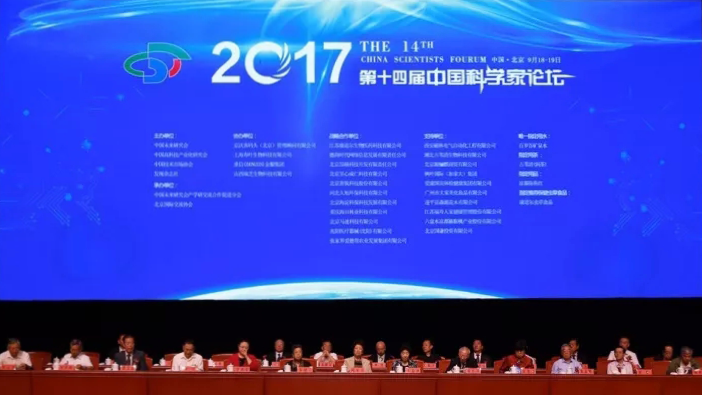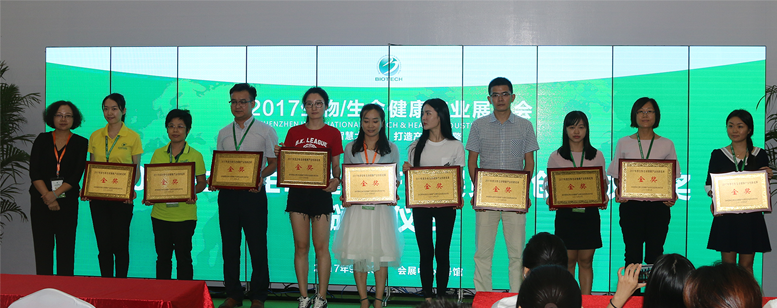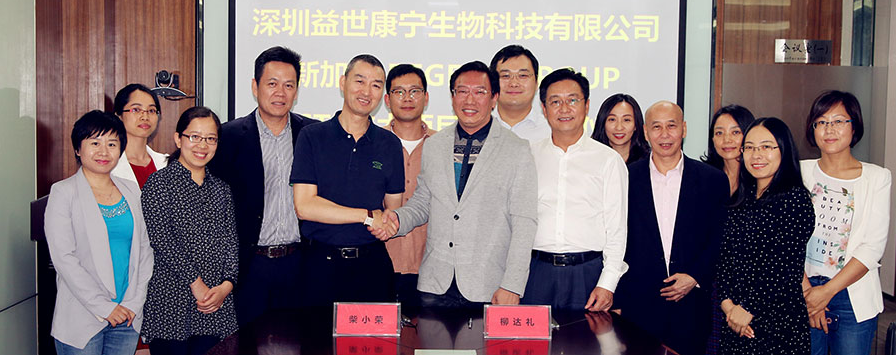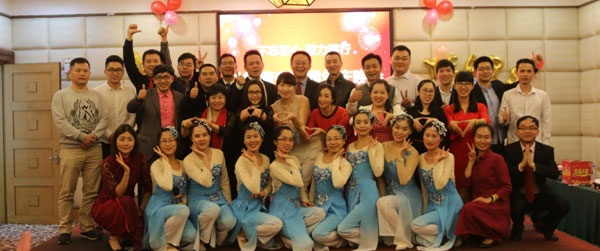
03
02
With the increase of life expectancy in our country and the increasing environmental pollution, the incidence of cancer is increasing year by year, and we are facing the dual challenge of reducing the incidence of cancer and improving the survival rate of cancer. Tumor immunotherapy, as the fourth largest tumor treatment method, is advancing rapidly, showing more and more unique therapeutic advantages.
In the field of malignant tumor treatment, safety has always been the focus of attention. At present, ACTL targeted cellular immunotherapy technology ("ACTL technology" for short) not only maintains the international advanced level in the field of cell therapy for a long time, but also has independent intellectual property rights. In terms of safety, the gene carrier used by ACTL technology is adeno-associated virus (AAV). After more than 20 years of extensive research around the world, it has been proved that adeno-associated virus (AAV) is not only a non-pathogenic virus, but also harmful to humans. Useful. Let us learn about the safety study of ACTL treatment of 27 cancer patients conducted by Peking University Cancer Hospital.
The purpose of this study is to evaluate the safety of using recombinant adeno-associated virus (rAAV) carrying carcinoembryonic antigen (CEA) gene to infect dendritic cells (DC) to activate cytotoxic T lymphocytes (CTL) for the treatment of patients with malignant tumors Sex.
The 27 tumor tissues and/or serologically tested CEA-positive patients in this study included: 10 lung cancer, 8 breast cancer, 5 colorectal cancer, 2 gastric cancer, 1 hepatic cholangiocarcinoma, and 1 patient Patients with ovarian cancer. The average age is 61 years old. According to the number of CTL harvested in vitro, they are divided into two groups A and B. CTL low-dose group (2-8X108, group A, 6 cases) and high-dose CTL group (higher than 8X108, group B, 21 cases), compare the possible adverse reactions between the two groups.
Table 1 Patient characteristics, clinical reactions and adverse reactions after ACTL technology treatment
The adverse reactions of 27 patients are summarized in Table 1. The average follow-up time was 8.1 months, and all patients showed tolerance and no serious adverse reactions. There was 1 case of fever and 4 cases of mild fever in group B, while only 1 case in group A had fever. These symptoms are instantaneous, and there is no deterioration.
Table 2 Peripheral blood lymphocyte subpopulation ratio before and after ACTL technology treatment
In this study, 25 of the 27 patients met the requirements for clinical data analysis. The results of ACTL treatment showed that 2 patients had partial remission (PR, 8%, 2/25); 1 case had minor remission (minor remission); and 9 patients had stable disease (SD, 40%, 10/25). The CEA serum levels of 6 patients decreased. Patient No. 12 had breast cancer with liver, bone, brain and pleural metastasis. She developed PR after receiving one ACTL treatment. Patient No. 25 had gastric cancer with liver metastasis. He also developed PR after receiving two ACTL treatments. Patient No. 4 has colorectal cancer with metastasis to the abdominal wall and retroperitoneal lymph nodes. She experienced a slight remission after three ACTL treatments and the CEA serum level dropped from 46.43 to 8.35ng/ml. At the same time, changes in the number of CTL injections will not cause changes in the patient's peripheral blood lymphocyte status.
The above preliminary data show that ACTL technology treatment is tolerable, and there are no serious adverse reactions to cancer patients.



